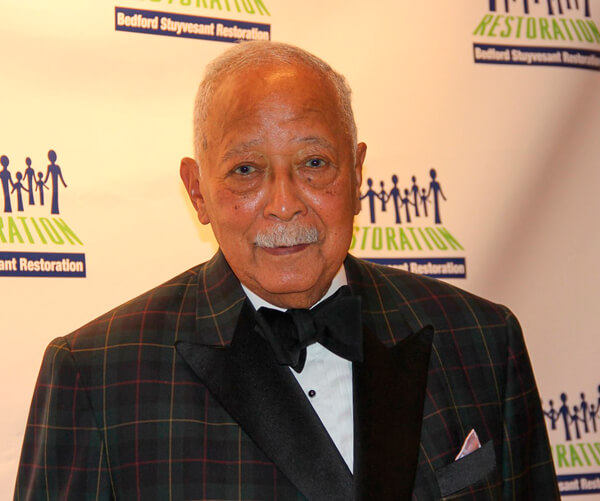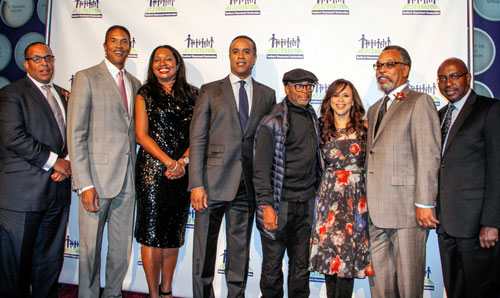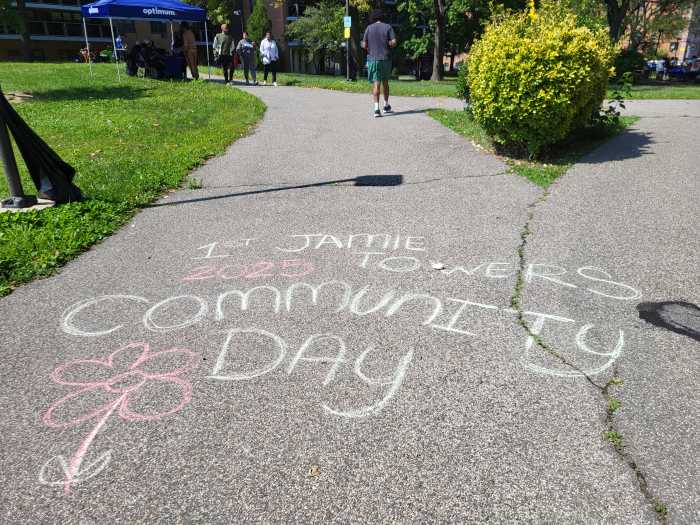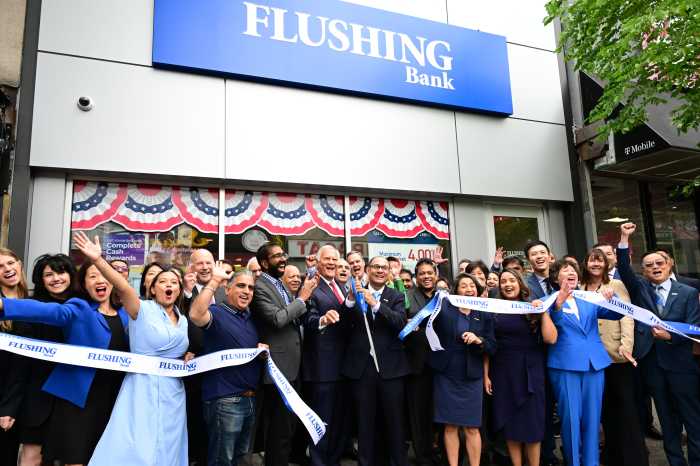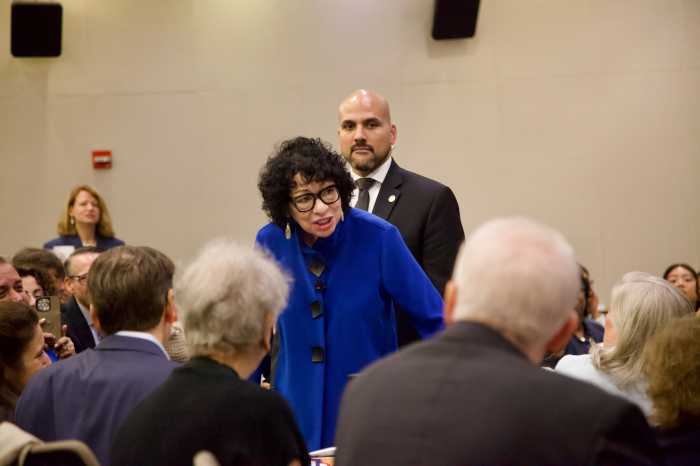Over the past year, COVID-19 has devastated our community. From hundreds of shuttered restaurants to high unemployment rates, Brooklyn’s economy has suffered. Communities like ours were hit hardest by the pandemic and as the world continues to get back to normal, the city and state should be doing everything possible to ensure a quick recovery.
Since 1967, the Bedford Stuyvesant Restoration Corporation has worked with New Yorkers and businesses to improve the quality of life for families living in Central Brooklyn. We believe a flourishing Brooklyn community consists of strong businesses and institutions that are anchored in a culture of equity and inclusion. Our work is focused on closing the gap in family and community wealth to ensure all residents of our community are able to live in prosperity. Our strategic direction is to disrupt and close the racial wealth gap. Consistent with our mission and strategic direction, we support modernizing New York’s short-term rental regulations to allow more Central Brooklyn families to share their homes with confidence on platforms like Airbnb; thereby increasing their housing and economic stability.
Restoration was the nation’s first community development organization, committed to Brooklyn and Central Brooklyn, in particular. We have spent more than five decades working to bring economic, cultural, and educational improvements to our communities, and we have worked to create thousands of jobs for local residents, help people of all income levels have access to quality housing and supported thousands of families and businesses in more effectively managing their financial resources
Central Brooklyn communities like Bedford Stuyvesant, Crown Heights and Brownsville have a long history of African American and minority home-ownership over many decades. Many local families have owned their homes for generations. These families anchor their communities. But economic equity has not been equally distributed in Central Brooklyn. Even before the pandemic, African American homeowners have been targeted for predatory lending practices or more exposed to losses of rental income making it difficult for families that have been here for so long to maintain ownership.
During the last legislative session, New York state had an opportunity to clarify home sharing regulations and expand opportunities to help families stay in their homes, but it failed again.
Allowing local families to access more resources to help them maintain ownership of their homes is long overdue and something that needs to be addressed in the next legislative session.
Home sharing can also help generate broad-based economic activity across Central Brooklyn by helping to bring tourists back into our neighborhoods and allowing every day working families to earn extra income that they can use to pay for childcare, buy groceries, pay off debt and help them pay their rent or mortgage. Even modest amounts of supplemental income can make a huge difference to the households in our area.
Home sharing expands access to the attractive features of Brooklyn by accommodating guests who want to be immersed in and experience the neighborhoods of New York. When guests stay in our area, everyone benefits. Airbnb hosts direct their visitors to their favorite neighborhood spots, providing a lifeline for local businesses, restaurants and other tourism-dependent industries. We need to do everything we can to support local small businesses and artistic and cultural institutions at a time when so many have been forced to close and others are barely hanging on.
Responsible home sharing represents a tremendous opportunity for the entire city. In a recent report, Airbnb estimated that if it is included in New York’s state budget their platform could bring in $130 million each year once tourism returns — $75 million in New York City alone. That is much-need tax revenue to our local government to fund our schools, infrastructure, and more.
Home sharing is the kind of economic empowerment that can help ensure an equitable recovery from the pandemic. Too often, communities of color miss out on or are excluded from economic opportunities. Leaders in Albany should make sure the next legislative session is different. We urge legislators to integrate our community into the city’s resurgence by modernizing home sharing regulations.


